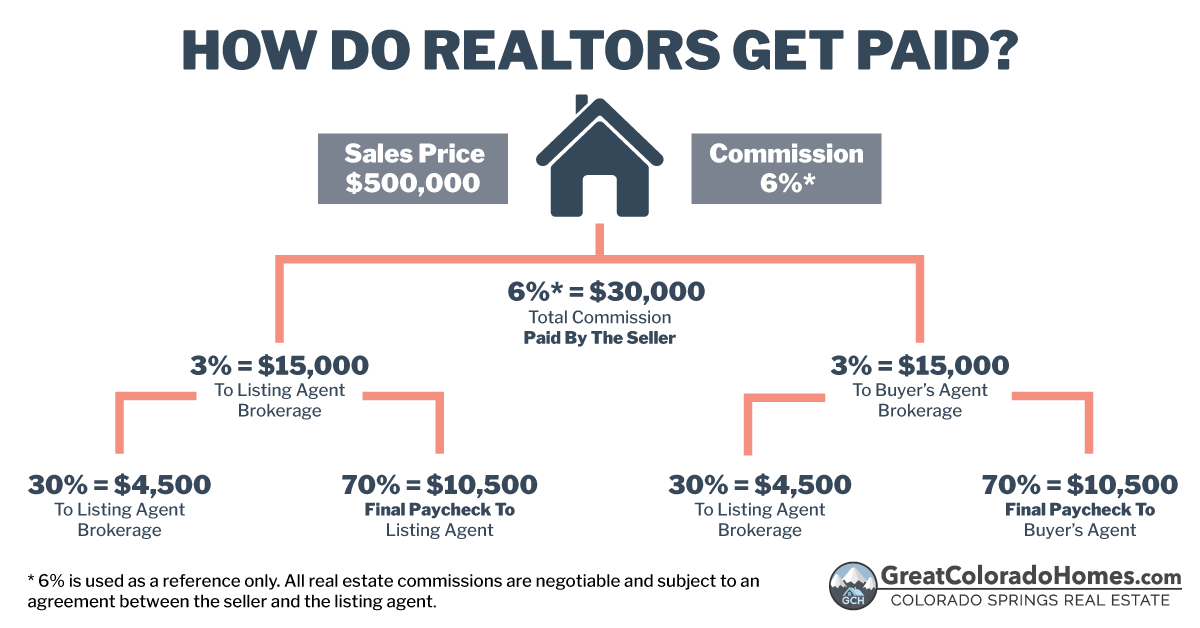"Hopefully customers and real estate agents know the distinction between the capability to certify for a house and the ability to keep and genuinely manage it now," wellesley financial group says Sharga. In addition to individuals who lost their homes, lending institutions and home builders experienced remarkable financial pain, says Herbert. "That malachi financial pain has actually left them more threat averse, so lenders are more careful when supplying financing to consumers and to home builders," states Herbert.
"Numerous of the products that started the crisis aren't around and the practices that started it are seriously constrained," states Fratantoni. Among those house owners who lost their home to a short sale or foreclosure, about 35 percent have now purchased another home, according to CoreLogic. what is a real estate appraiser. "That implies that 65 percent didn't come back," says Frank Nothaft, chief economic expert at CoreLogic in Washington. how to get a real estate license in texas.
"Low documentation and interest-only loans were fine as a small specific niche for otherwise certified debtors with specific scenarios," says Nothaft. "The problem was that these dangerous loans became widely available to subprime borrowers." About one-third of all home mortgages in 2006 were low or no-documentation loans or subprime loans, https://writeablog.net/dubnosezkh/new-house-building-is-another-development-element says Nothaft - how much do real estate agents make per sale.
"A foreclosure hurts families, communities, lenders and investors." While guidelines such as Dodd-Frank altered the monetary world, lending institutions and investors likewise lost their cravings for risk and have altered their behavior, says Sam Khater, chief financial expert of Freddie Mac in McLean, Va. As a result, he states, mortgage efficiency is much better than it has actually remained in twenty years.
